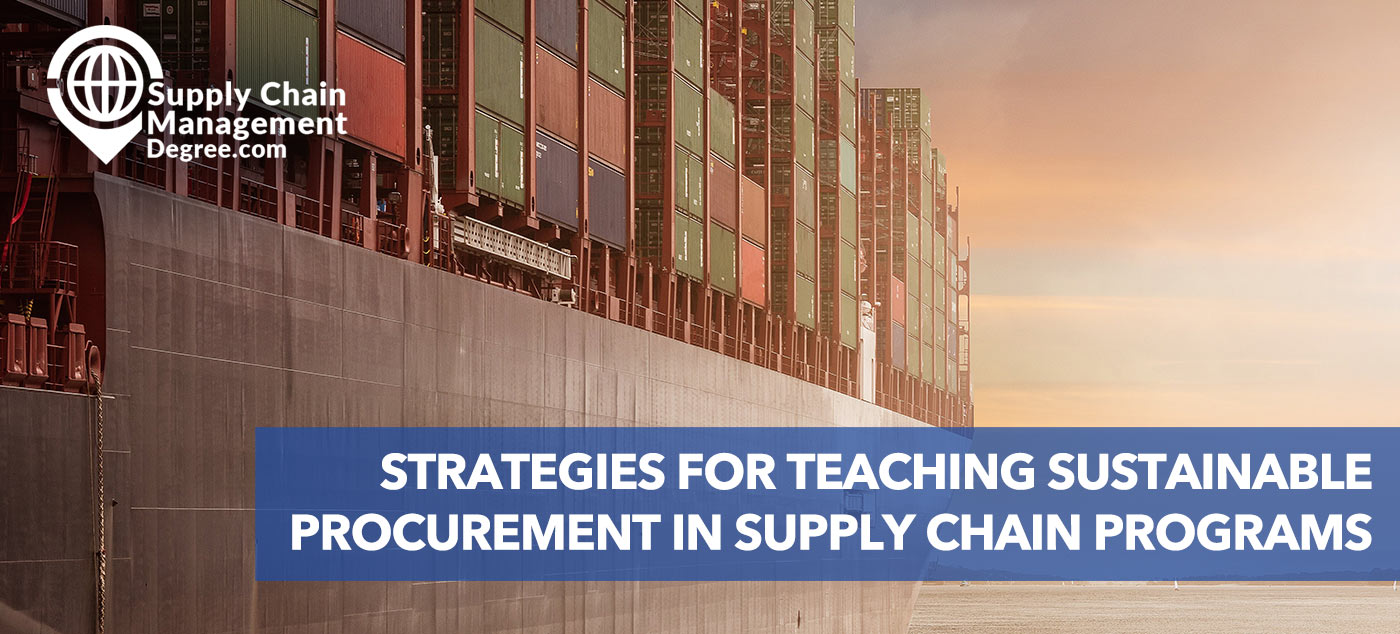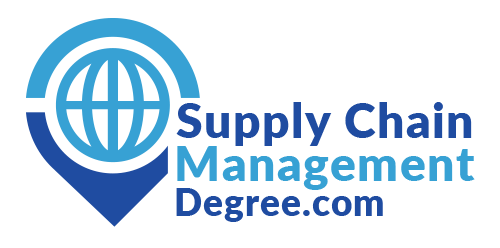
Strategies for Teaching Sustainable Procurement in Supply Chain Programs
In today’s environmentally conscious world, sustainable procurement has emerged as a key priority for businesses seeking to minimize their environmental footprint and promote social responsibility throughout their supply chains. As such, integrating sustainable procurement principles into supply chain education programs has become essential for preparing future professionals to navigate the complexities of sustainable supply chain management. In this blog post, we’ll explore strategies for effectively teaching sustainable procurement in supply chain programs and empowering students to drive positive change in the global marketplace.
Embedding Sustainability Throughout the Curriculum
To effectively teach sustainable procurement, it’s crucial to embed sustainability principles throughout the supply chain management curriculum. Sustainable procurement topics can be integrated into various courses, including procurement and sourcing, supply chain sustainability, corporate social responsibility, and environmental management. By incorporating sustainability into the curriculum, students gain a holistic understanding of the environmental, social, and economic dimensions of sustainable procurement.
Case Studies and Real-World Examples
Case studies and real-world examples provide students with practical insights into sustainable procurement practices and their implementation in diverse supply chain contexts. Incorporating case studies of organizations that have successfully implemented sustainable procurement initiatives allows students to analyze real-world challenges, best practices, and lessons learned. Guest lectures and industry speakers can also provide firsthand perspectives and experiences from practitioners in the field.
Experiential Learning Opportunities
Experiential learning opportunities, such as simulations, workshops, and role-playing exercises, allow students to apply sustainable procurement principles in simulated supply chain scenarios. These hands-on activities enable students to develop critical thinking skills, problem-solving abilities, and decision-making capabilities in the context of sustainable procurement. Collaborative projects with industry partners or sustainability-focused organizations provide students with real-world exposure and practical experience in sustainable procurement practices.
Engaging with Industry Partners and Practitioners
Engaging with industry partners and practitioners is essential for providing students with insights into current trends, best practices, and challenges in sustainable procurement. Guest lectures, industry panels, and networking events with sustainability-focused organizations allow students to interact with professionals working in the field of sustainable procurement. Industry partnerships can also provide opportunities for internships, research projects, and experiential learning experiences that expose students to real-world sustainability challenges and solutions.
Emphasizing Systems Thinking and Collaboration
Teaching sustainable procurement requires a systems thinking approach that considers the interconnectedness of environmental, social, and economic factors within the supply chain. Emphasizing collaboration and interdisciplinary perspectives encourages students to think critically about the impacts of procurement decisions on various stakeholders and the broader ecosystem. By fostering collaboration between supply chain, sustainability, and other relevant disciplines, students gain a holistic understanding of sustainable procurement and its implications for business operations and society.
Teaching sustainable procurement in supply chain programs requires a multifaceted approach that integrates sustainability principles throughout the curriculum, incorporates case studies and real-world examples, provides experiential learning opportunities, engages with industry partners and practitioners, and emphasizes systems thinking and collaboration. By adopting these strategies, educational institutions can prepare future supply chain professionals to navigate the complexities of sustainable procurement and drive positive environmental, social, and economic impacts in the global marketplace.


